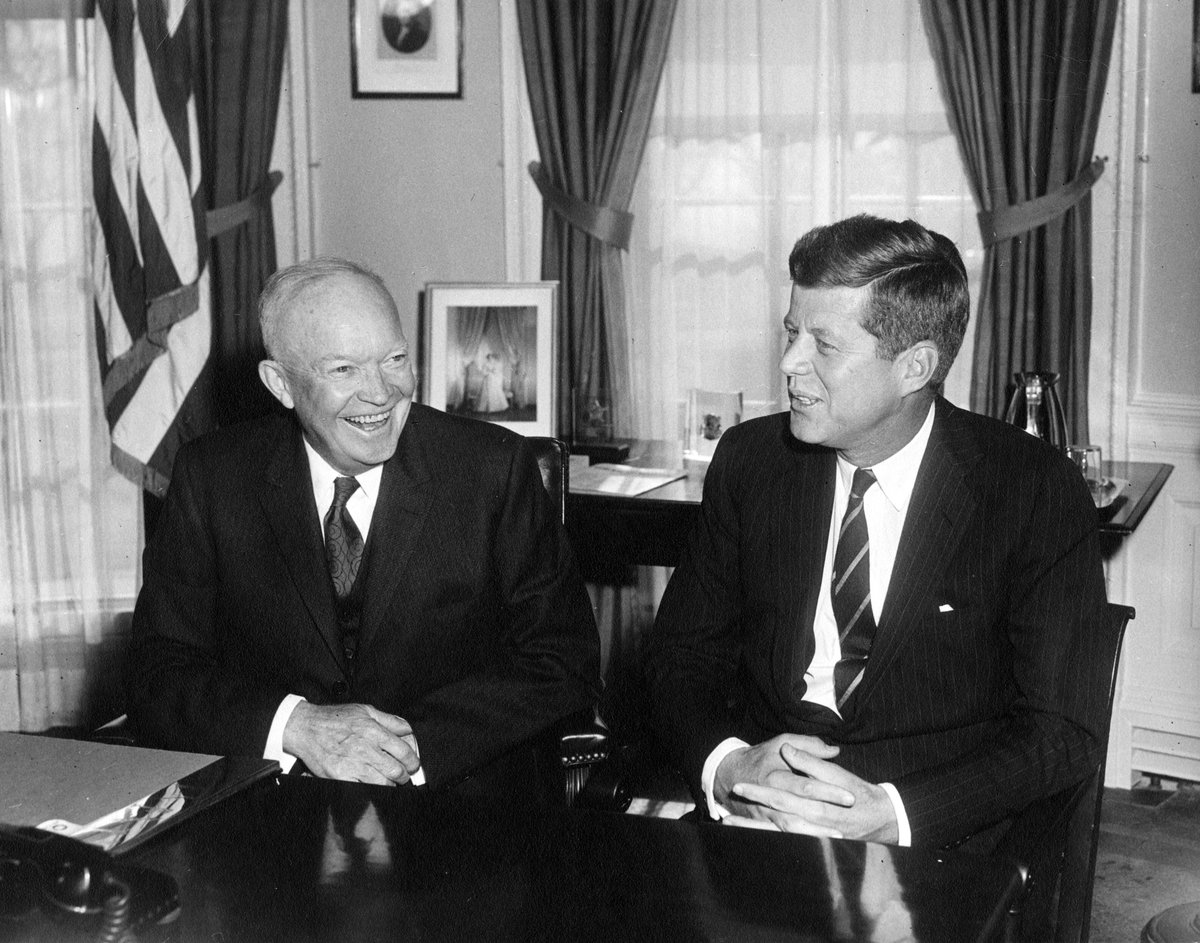Secrets of the Oval Office: JFK’s Rumored Affairs and the Spy Game

In the latest release, “Presidents at War,” author Steven M. Gillon dives into the juicy behind-the-scenes of presidential history, painting a vivid picture of how World War II shaped the leadership of several American presidents from Eisenhower to George H.W. Bush. But it’s the scandalous affairs of JFK that really steal the show.
Let’s talk about John F. Kennedy’s escapades starting with Inga Arvad, a journalist who raised eyebrows due to her alleged connections to the Nazi regime. Gillon spills the tea on how these two lovebirds met back in 1941 when JFK was just a Navy ensign. Their romance caught the eye of the FBI—because who doesn’t want to monitor a future president’s love life?—especially after Arvad rolled with the likes of Hitler himself back in 1936. The feds went full detective mode, tapping her phones and casing her every move, believing she might be passing intel.
Fast forward to January 1942: the affair makes headlines, thanks to gossip maven Walter Winchell, and boom! JFK is shuffled off to a desk job, all while his family pulls strings behind the scenes to keep him in the military. It seems the Navy didn’t think he should entertain such romantic entanglements while also potentially being a national security risk. Spoiler alert: there was never any solid proof linking Arvad to espionage, but who doesn’t love a little intrigue?
The plot thickens with another alleged affair involving Ellen Rometsch in 1963, a seductive figure who possessed a striking resemblance to Elizabeth Taylor—because what’s a scandal without some Hollywood flair? Rumors swirled about her possible connections to espionage, leading Attorney General RFK to pull a fast one and deport her just in time to keep the family name clean. This move didn’t stop speculation, as media outlets were abuzz with tales of Rometsch’s supposed poolside soirées in the White House. Ultimately, her connection to JFK was buried under the rug when RFK devised a carefully choreographed cover-up with J. Edgar Hoover, assuring Senate leaders that she posed no threat.
Interestingly, Gillon’s revelations not only highlight the intrigue of JFK’s personal life but reflect broader themes of how personal affairs can impact presidential legacies—an aspect echoed in historical analyses from experts like Doris Kearns Goodwin and others who note how personal crises often intersect with political responsibility.
So, as we flip through the pages of history, it’s clear that both love and war have always walked hand-in-hand in the corridors of power.
Sources: Celebrity Storm and People Magazine, NY Daily News, The Washington Post
Image Credit: Title: Untitled, Author: Abbie Rowe (White House), License: Public domain




